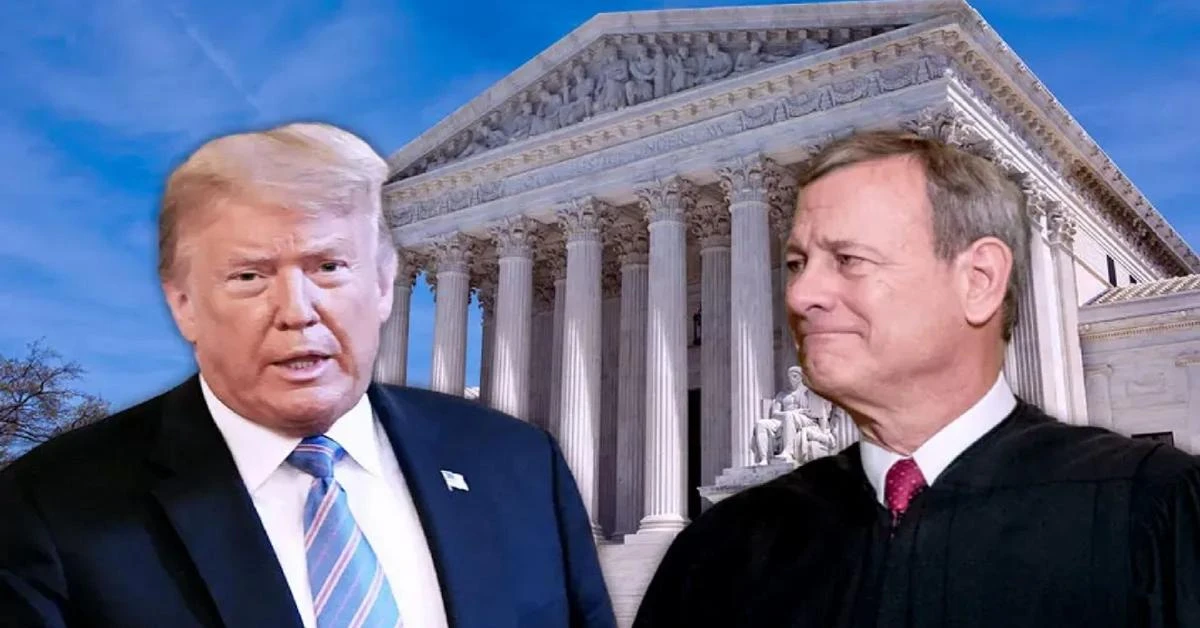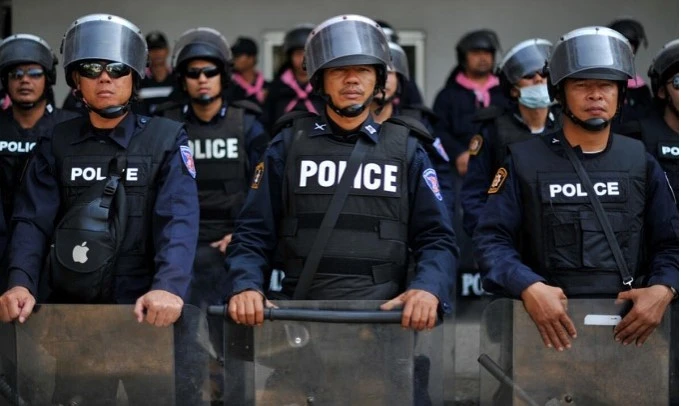Trump requests Supreme Court to halt election meddling case

Former U.S. President Donald Trump asks Supreme Court to block ruling denying him immunity for election interference
Donald Trump has requested the Supreme Court to halt a judicial ruling that denies him immunity from prosecution for attempting to overturn the 2020 election. His lawyers argue that without immunity, the presidency’s integrity is at stake and a prolonged trial during the election season would disrupt his ability to campaign against President Joe Biden.
On Feb. 6, a three-judge panel of the U.S. Court of Appeals for the District of Columbia Circuit dismissed his assertion of immunity from prosecution.
The Supreme Court will now determine whether it will suspend the ruling. Its decision and the speed of its action could dictate whether the leading contender for the Republican presidential nomination, the first former president to face criminal prosecution, will face trial before the November election.
The court has several options, including denying the urgent appeal, which would allow U.S. District Judge Tanya Chutkan to recommence the trial proceedings in Washington’s federal court. The trial was initially scheduled to commence in early March.
Delaying the case could work in Trump’s favor. Should he win the November election and return to the White House, he could potentially use his presidential authority to halt the prosecution or pardon himself for any federal offenses.
In December, Chutkan dismissed Trump’s immunity assertion, ruling that former presidents “do not have special privileges regarding their federal criminal responsibility.”
Following Trump’s appeal, the three-judge panel of the DC Circuit also rejected Trump’s immunity claim.
“We cannot endorse the idea that the presidency grants its former occupants immunity from the law indefinitely,” the panel stated in its decision.
Prosecutors have argued that Trump was acting as a candidate, not as a president, when he pressured officials to overturn the election results and incited his supporters to march to the Capitol on Jan. 6, 2021, to pressure Congress not to certify Biden’s victory.
The indictment accuses Trump of conspiring to defraud the U.S., obstructing the congressional certification of Biden’s electoral victory, conspiring to do so, and conspiring against the right of Americans to vote.
Last October, Trump sought to have the charges dismissed based on his claim of immunity from criminal prosecution related to actions taken by a president while in office.
The Supreme Court has previously ruled that presidents are immune from civil liability for official acts, and Trump’s legal team has argued for months that this protection should also extend to criminal prosecution.
The case in Washington is one of four prosecutions Trump faces as he seeks to return to the White House. He faces federal charges in Florida for illegally retaining classified documents at his Mar-a-Lago estate, a case also brought by Smith and scheduled for trial in May.
Trump is also charged in Georgia with conspiring to subvert that state’s 2020 election and in New York in connection with hush money payments made to porn actor Stormy Daniels. He has denied any wrongdoing.
Source: Newsroom



